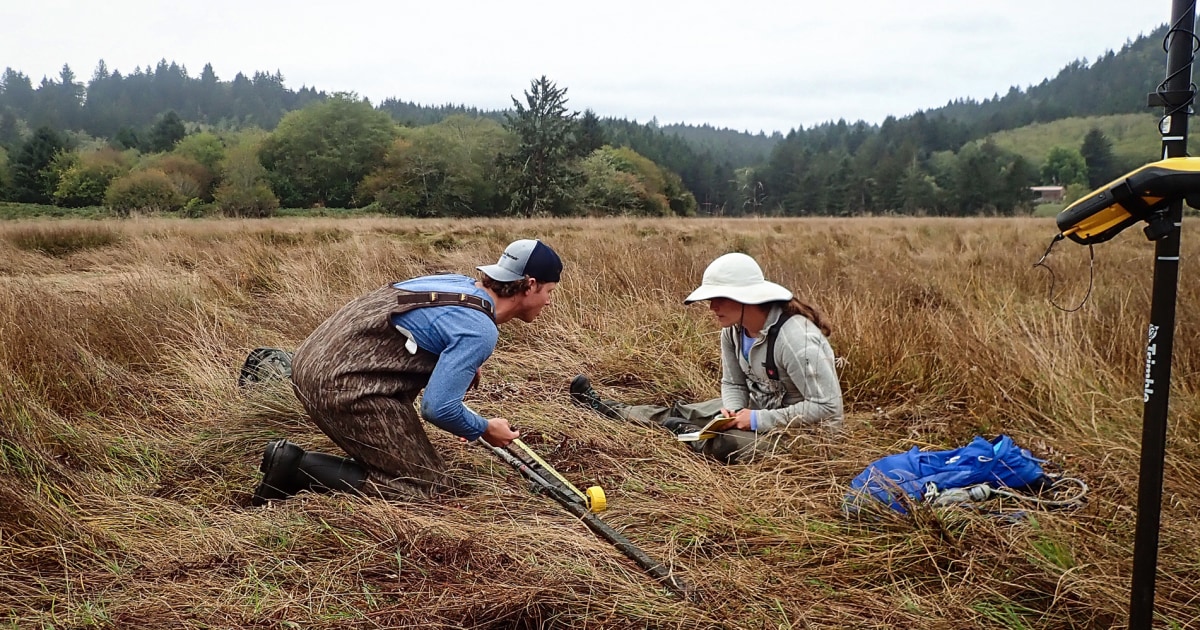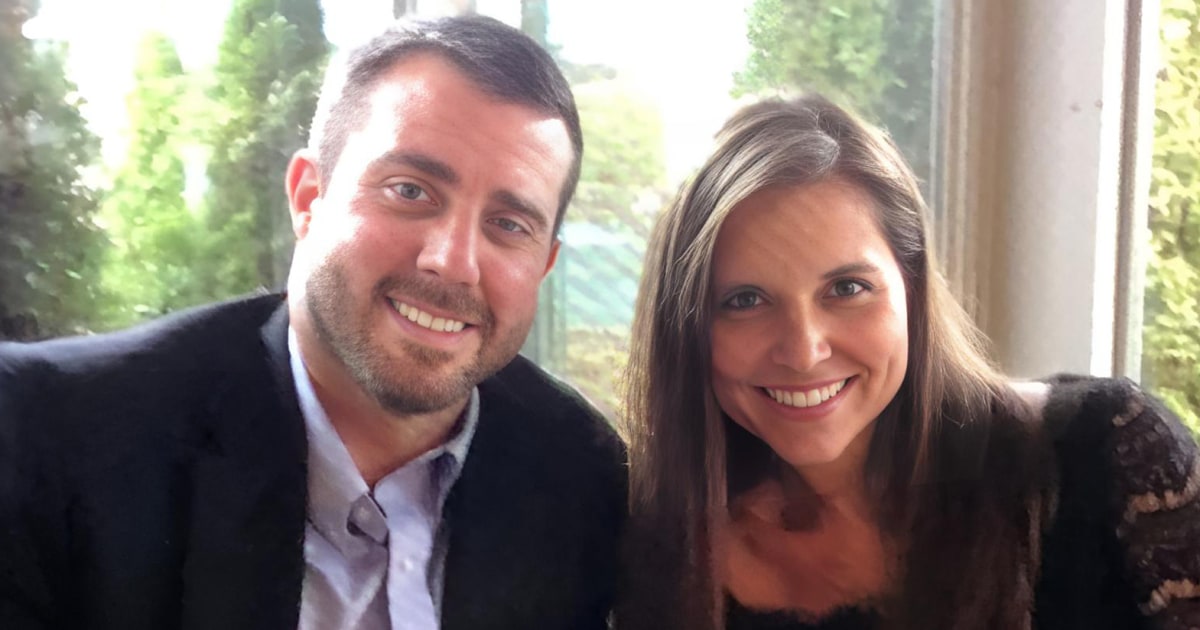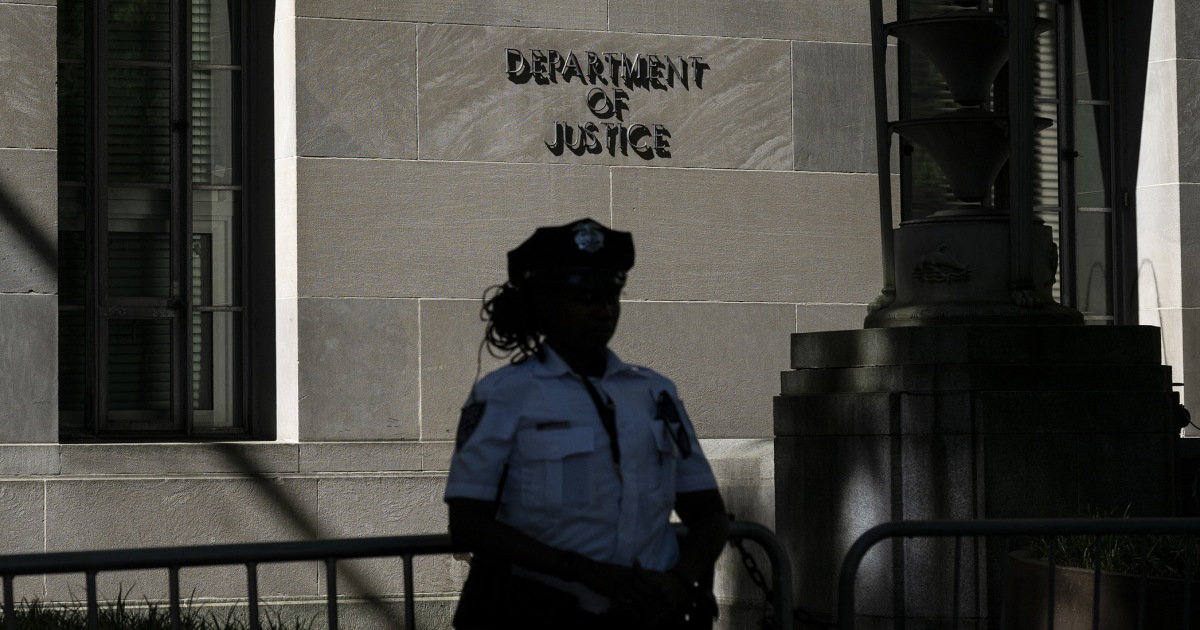When the Australian soap opera “Neighbours” was canceled in 2022, it marked the end of a cultural institution that ran for 37 years. The homey setting in a fictitious suburb and the characters fans had come to love were suddenly all gone.
It was a loss that Adam Gerace, a senior psychology lecturer at Central Queensland University in Australia, wanted to know more about. So he asked almost 1,300 Australians how they were feeling about the show’s end.
“Fans were talking about the end of the series as if they were losing a friend,” he said.
Their reactions amounted to genuine experiences of grief and loss, according to a study published Wednesday in the journal PLOS One, of which Gerace is the author.
Gerace created an online survey that asked fans if they had experienced emotions related to grief, such as anger or sadness, shortly after the final episode aired in 2022. (The show was revived in 2023 after the survey closed.)
It also gauged whether people were able to accept that the series was ending, felt any closure about the show going off-air or were thankful for having been able to watch the show for so long.
Overall, Gerace said, people were angry about the series being canceled and had trouble coming to terms with it.
“They didn’t feel closure,” he said. “But they felt incredibly grateful for what the series had given them. It had given them connections to characters, exposure to different lifestyles, and it had connected them with other fans as well.”
The survey also measured fans’ distress about no longer watching their favorite character on screen — what researchers have coined a “parasocial breakup.” Parasocial relationships refer to one-sided connections with celebrities or fictitious characters. For example, people responded to the statement, “Now that my favorite Neighbours character is off the air, I feel more lonely” on a scale of “strongly agree” to “strongly disagree.”
This same measure of parasocial breakups was first used to understand people’s reactions to the end of the TV series “Friends” in 2004. The study determined that fans experienced a level of distress akin to a real-life relationship ending.
In the “Neighbours” study, people who experienced the most grief formed strong bonds with their favorite characters and engaged with them emotionally.
“They imagined how their favorite character was thinking and feeling. They felt happy when their favorite character was happy and concerned when they faced danger,” Gerace said.
The phenomenon isn’t exclusive to TV shows, he added: People may also experience grief after finishing a book series or completing a video game.
“Neighbors” has a unique cultural significance in Australia, Gerace said. Many people who participated in the survey had watched the series for nearly four decades, and the audience spanned generations. The show was also part of people’s daily routines — the majority of fans saw an average of about five episodes per week.
Dara Greenwood, an associate professor of psychology at Vassar College, said the length of the series could partly explain why fans felt such a profound loss at the end.
“The more time you spend with certain characters, the more the bonds have a chance to develop and become part of your everyday life,” said Greenwood, who wasn’t involved in the study.
People’s personality traits or life experiences can also influence their reaction, she added. For instance, a person who sought comfort from the show to compensate for a difficult family relationship might experience more acute grief. There’s also some evidence to suggest that lonely people are more prone to form bonds with fictitious characters, though the same appears to be true for extroverts as well.
Greenwood said grieving the end of a parasocial relationship is a fundamentally human response.
“It speaks to our human tendency to feel connected, and then to feel a loss,” she said. “It would be odd if we didn’t feel these ways.”
Research has similarly shown that people experienced grief after the deaths of public figures like Robin Williams and Princess Diana. One study found that requests for grief support and counseling services increased in the three weeks after Diana’s death.
But psychologists still aren’t sure how parasocial grief compares to actually losing a loved one.
“You have some people saying, ‘Actually, it’s pretty similar. I felt the same way when my grandmother died.’ And you have some people saying, ‘No, it’s not the same intensity at all. I was sad in the moment, but then I was able to move on really quickly,’” Greenwood said.
Elizabeth Cohen, who studies the psychology of media and pop culture at West Virginia University, said grief over a celebrity or TV character’s death isn’t necessarily less intense than grief over a real-life loved one. Rather, her research has suggested that feeling close with someone could be a better predictor of how deeply someone mourns a loss.
“The level of access that we have to media figures is actually, in many cases, unlike anything that we get when we’re trying to become friends with people in our social life. So of course we’re going to be able to have this sense of attachment to them,” Cohen said.
Bonding with a fictitious character could even benefit people’s real-world relationships. Gerace’s findings suggest that parasocial relationships can help people practice empathy or imagine themselves in someone else’s shoes.
Greenwood said connecting with characters who look different from you can also reduce stereotyping or prejudice.
“When all of a sudden someone feels like a friend, they’re not in this ‘other’ category anymore,” she said. “It’s much harder to say, ‘Oh, it’s OK to treat these people badly.’”
As with any relationship, though, excessive attachment to a TV character could have some negative consequences.
“It’s only when perhaps it either comes at the expense of real world relationships, or perhaps we’re solely trying to meet our needs for social connection through these parasocial, fictitious relationships, that it would potentially be a problem,” Gerace said.

 1 year ago
1 year ago
 (200 x 200 px).png)








 English (US) ·
English (US) ·